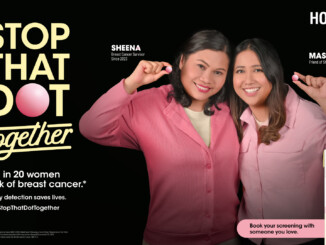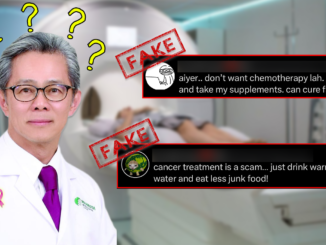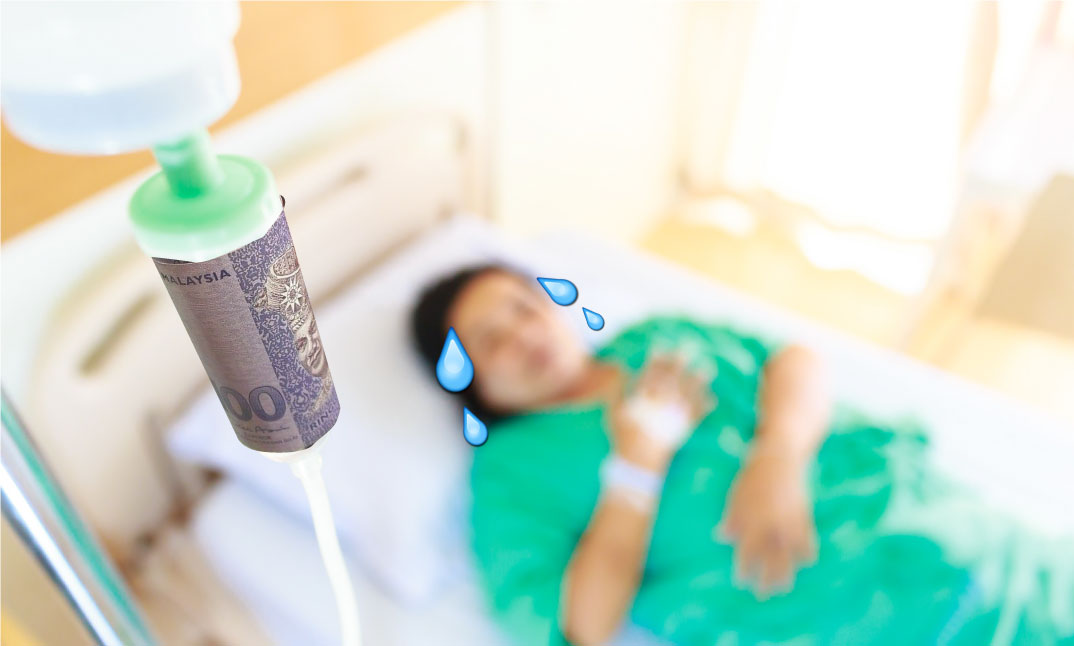This Malaysian shares how he lived with STAGE 3 cancer… while only in his 20s
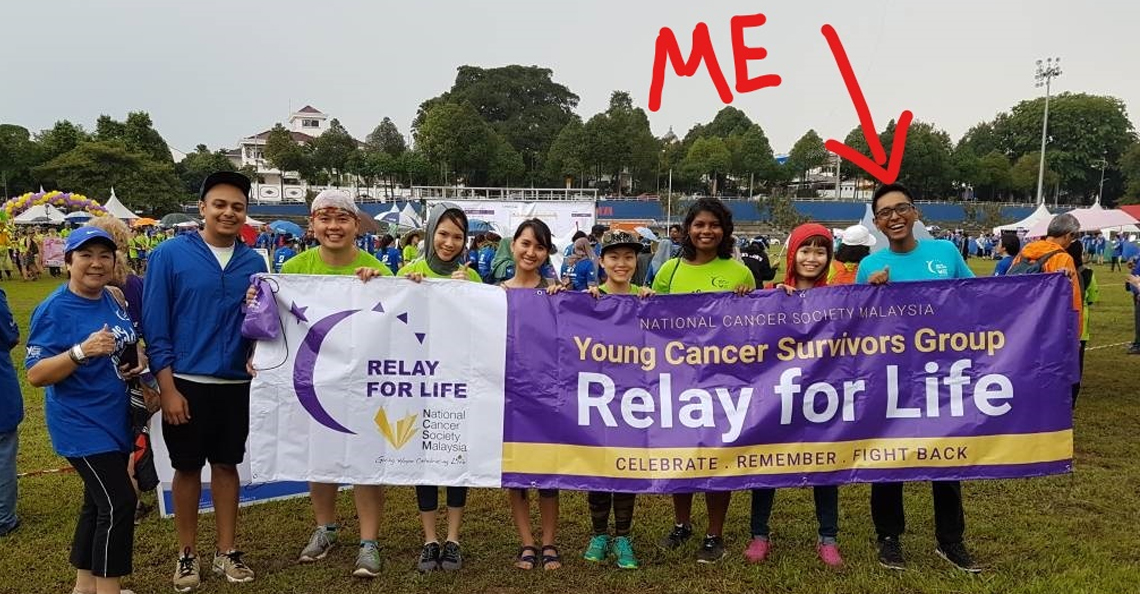
- 4.4KShares
- Facebook4.2K
- Twitter16
- LinkedIn26
- Email26
- WhatsApp80
So, who IS this beautiful chocolate man?
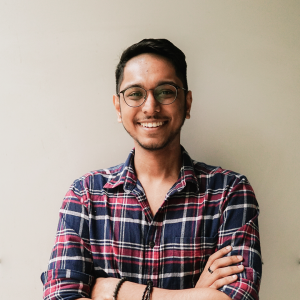
I’m in my mid-20s, and I’ve just landed a job as an associate consultant at an up-and-coming design firm. Quite recently, I graduated with a Bachelors in Medical Bioscience from university, but more importantly, I’m in one of the best shapes of my health.
But… it was not always this way. A few years ago, I was your average 20-year-old: I loved keeping fit, going out, exploring the world with my friends… I had no vices like drinking or smoking, and I was pursuing a degree in medicine.
And then one day, everything changed.
1. I had no clue that I was living with Stage 3 cancer.
As medical students, testing each other for symptoms is something we do pretty often. As luck would have it, a 5th year senior practiced on me… and there it was. Two swollen lymph nodes on my jaw.
At that time, I was already showing signs of falling ill, like getting the flu, nosebleeds, feeling feverish from time to time… but I brushed these off, assuming that they were from my constant studying. Med school is no joke – you’ll spend many, many late nights studying for the endless quizzes and exams.
But I did get it checked by a certified doctor, and after some rounds of tests, I observed the concern on his face as he read out the diagnosis to me. It was nasopharyngeal cancer (nose cancer, to be simple), and shockingly, it had already advanced to stage 3.
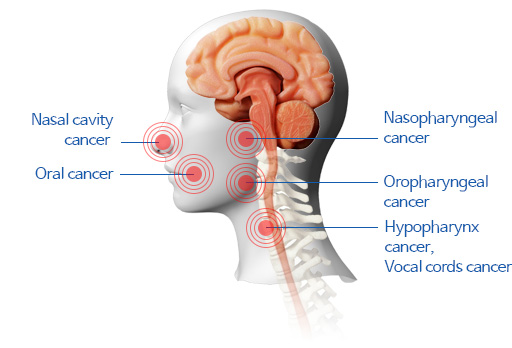
I’ve always known the stats – “1 in 4 Malaysians develop cancer!”, “Everyone knows someone who has cancer!” … but I never expected to be one of them. I bet no one ever did.
But before I could get started with treatment, I realised something.
2. Hospitals are still businesses… and businesses need customers
Initially, I approached a hospital that was close and convenient to me, assuming that they’d have the necessary facilities to support my treatment. Well, they didn’t. To bring me in, they’d collaborate with another hospital with the equipment and tech I needed.
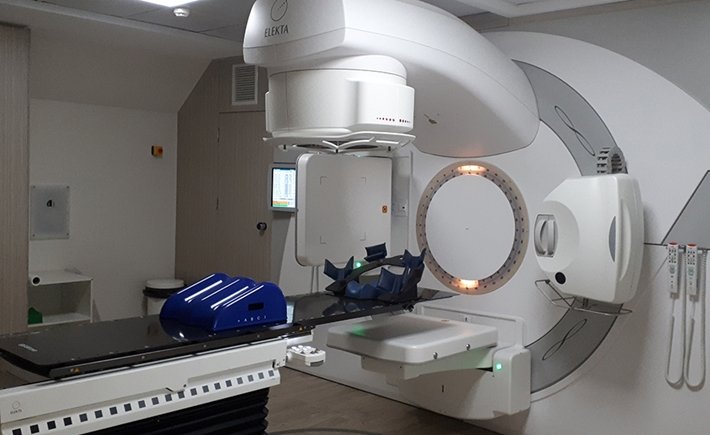
How does this work? Well, I’d have to arrive at the first hospital, and from there they’ll send me to the second hospital (the one with the fancy tech) for the treatment, and after that, they’ll send me back to the first hospital. Kinda like “tumpang service” la.
I did a little more research, and found the right place with the right treatment facilities… and that’s how I ended up in the Subang-based hospital where I could directly get my treatment sorted.
It’s very important for any cancer patient to research their hospitals before deciding on a treatment to pursue – there are many treatment variations from your standard chemotherapy, radiotherapy, yadda yaddah. Therefore, it is better to ensure that your hospital has the full capabilities of carrying out your treatment without you having to travel back and forth. (Having gone through chemo, I can tell you that it would be a really, really, really, bad idea. We’ll get to that later.)
And now, comes the kicker.
3. There is a drug that costs RM1.2mil… just to administer it… ONCE?!
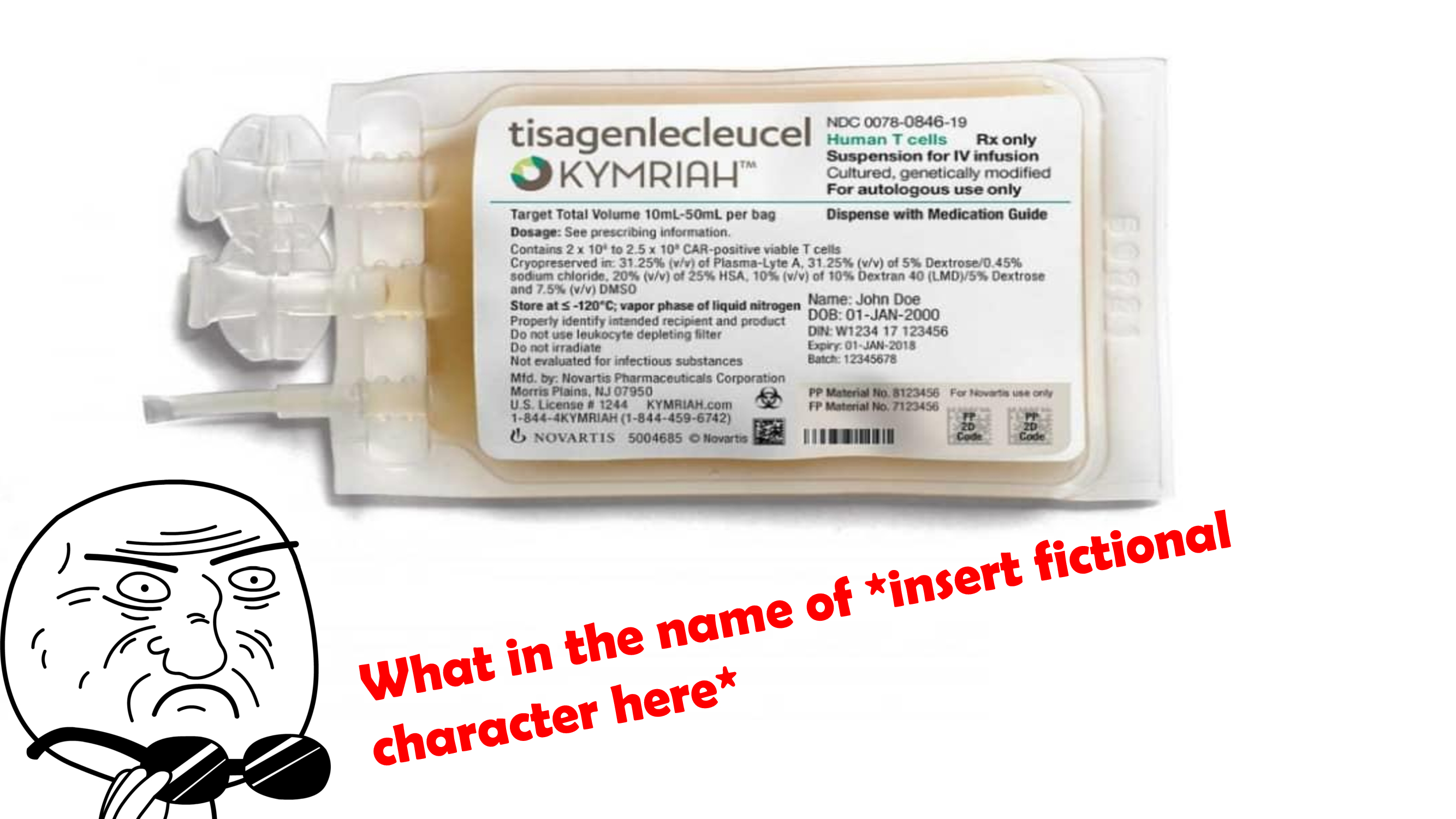
When I first realised that the cost of my treatment was around RM 60,000, I was very worried as I wasn’t sure if my family could afford it. It would be such a burden on them.
Then, imagine my shock when my doctor told me that some immunotherapy drugs cost RM1.2 million! And for a single administration! But of course, meds like this are for people with really rare forms of cancer.
It goes without saying that cancer treatment is really expensive in private hospitals, and I’m actually really grateful that I had a medical insurance to fall back on. Granted, my insurance didn’t cover every single thing as I only had a standard medical policy, but at least a really big bulk of it was taken care of.
There are some policies that are purely cancer-focused and have a much wider coverage, like Allianz Cancer Protect from Allianz Malaysia who – and full disclaimer here, guys – is one of Cilisos.my’s kind sponsors. Although I wasn’t on that plan, I’ve discovered that it costs about RM1 a day… so in comparison with my RM60,000 lump sum cost, a plan like that would’ve been quite worth it in the grand scheme of things.
Regardless, having some form of insurance really reduced the financial burden on my parents, and I could proceed with the treatment almost immediately and with peace of mind. Seeing as my cancer was already in Stage 3, I really had no time to lose.
Once we had the documentation sorted, I was then in for the biggest battle of my life.
4. It took me a week to finish watching ONE episode of Friends
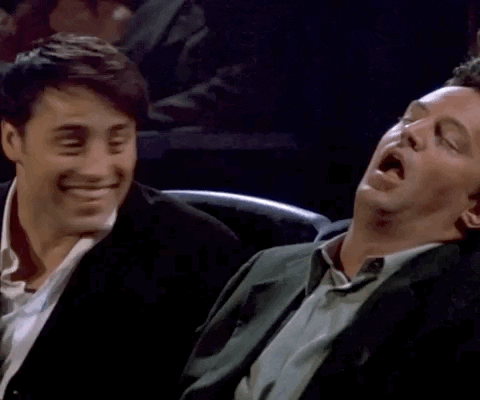
We wasted no time in planning out my treatment pathway and getting everything ready, such as all the support needed, that I was fit enough to handle the treatment, and even having a sterile room at home so I wouldn’t succumb to infections. With my studies on hold, I immediately underwent 7 weeks of intense treatment – 5 days of radiation and 1 day of chemotherapy, every week.
You’d think that staying in bed, getting treatments and all would mean you’d be able to catch up on all the shows you’ve missed, right? Well, not really. Chemotherapy is essentially where patients would sit for hours while getting an IV drip, and let me tell you that it will make you really, really, really tired.
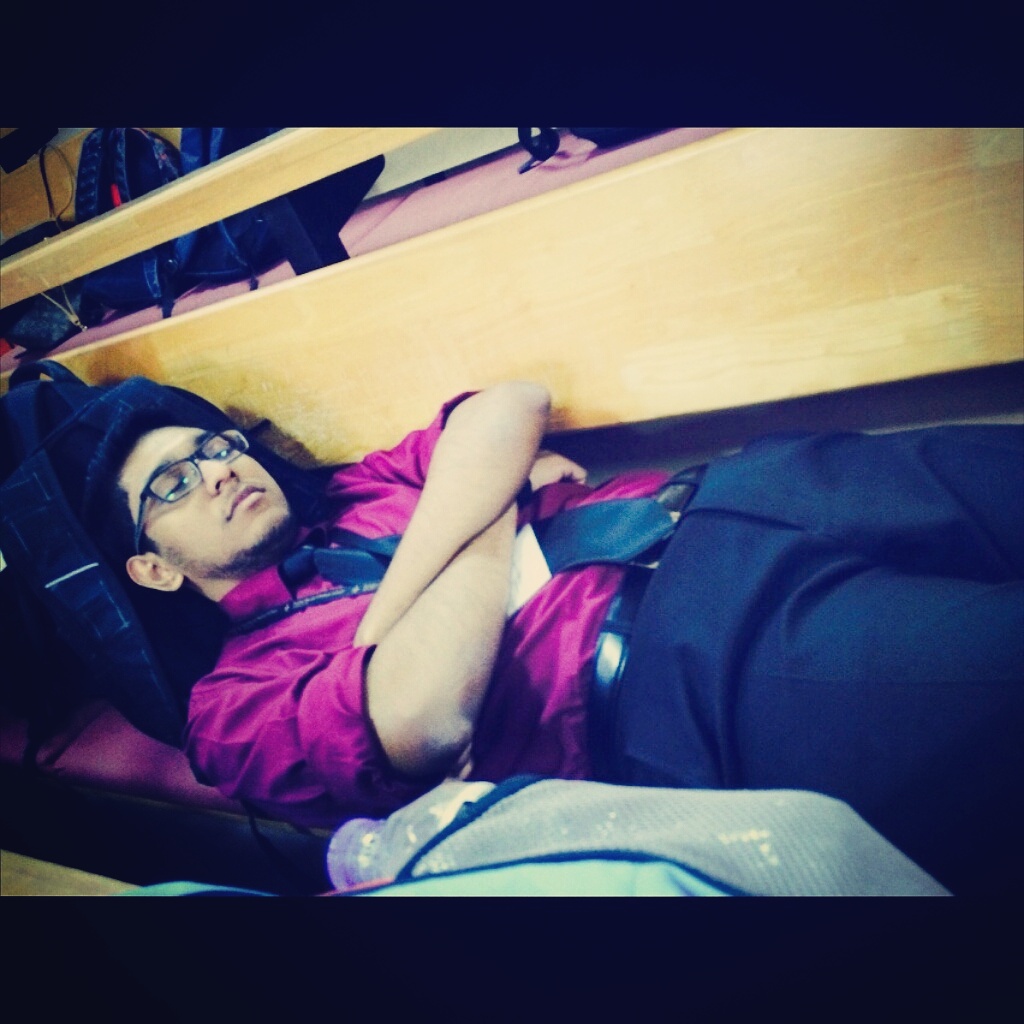
A simple walk to the bathroom which was no more than 2 to 3 feet away would make me feel like I just ran a 100m race, leaving my muscles sore. Mundane tasks like walking, taking a shower, and going out of my room would leave me in need of a nap. My body couldn’t support itself and I had to constantly cling onto walls and ledges in order to drag me to where I needed to go.
So, I spent most of my time in bed just dozing off or trying to keep myself occupied some way or another. I could barely stay awake to watch an episode of a series, let alone a movie as the waves of fatigue hit me at random times and I’d just feel my body shutting down slowly for a few hours. Avengers: Endgame would’ve taken me a month to finish, lol.
5. The treatment can be brutal… but so can recovery
While chemotherapy made me lethargic and nauseous, it was radiation therapy that REALLY made it difficult. Every cancer patient’s case is different, and mine happens to be a particularly complicated one. While some tumours are easily removed through surgery, mine was stuck pretty much in the middle of my head. Behind the nose, under the brain, near the throat… having surgery would mean having to dismantle my head.
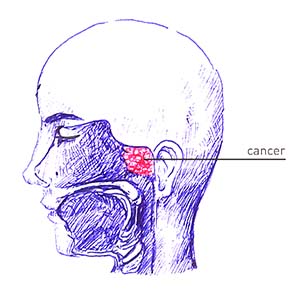
So I was put under radiation treatment, where I would lie down in a chamber for hours while beams of intense energy try to kill these malignant cells. Here’s how it was like after radiation. Imagine having the worst sore throat of your life where you can’t even swallow water without wincing. Now multiply it by 10. My doctor summed it up really well:
“The current state of your throat is the same as heating up a raw chicken breast in a microwave for 18 hours.” – My oncologist describing my throat
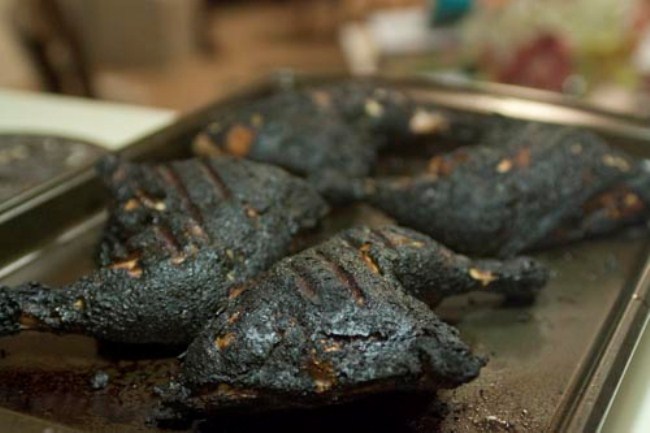
Every time I coughed, there would be blood. Every time I sneezed, it felt like someone was tearing the back of my throat.
By the fourth week, I could no longer swallow water as my throat was so badly inflamed. In order not to be malnourished and unable to cope with the treatment, I then had to rely on a nasogastric tube, or “tube-feeding”. For months even after I was done with my treatment, I was tube-fed with milk. (If you’re wondering, no, you can’t blend a burger and put it through – it’s a tiny hole that’s prone to blockages.)
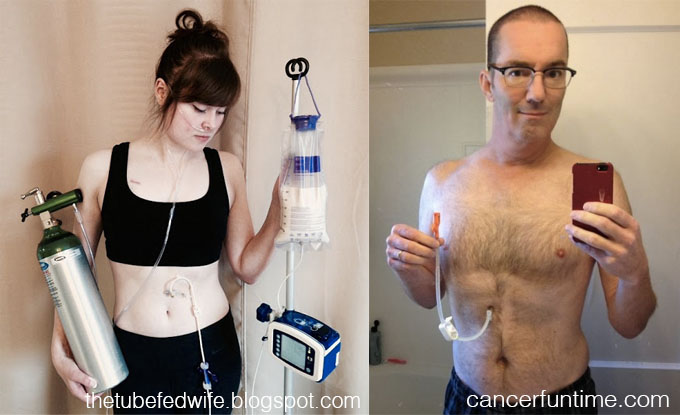
The radiation also burned away my salivary glands, and even today, my mouth is constantly dry and I have to drink water every few minutes to keep it hydrated. I used to love playing sports, debating, going food-hunting, and living my life freely… but post-treatment, I had lost my athletic ability and stamina from being bed-ridden. I couldn’t debate anymore because I couldn’t speak with a dry mouth. And with little saliva, I’d also always choke on my food.
Of course, this affected my mental state too, as there’s always the fear of falling sick again. I couldn’t go back to being who I was, and I felt like I had lost everything I had loved to do. This left me in a very dark place for a few years, before I finally managed to get out of it.
Happy to say right now that I’m back on track doing everything that I love, and am healthy both mentally and physically!
6. Your peers don’t handle this situation well (even if they mean well)
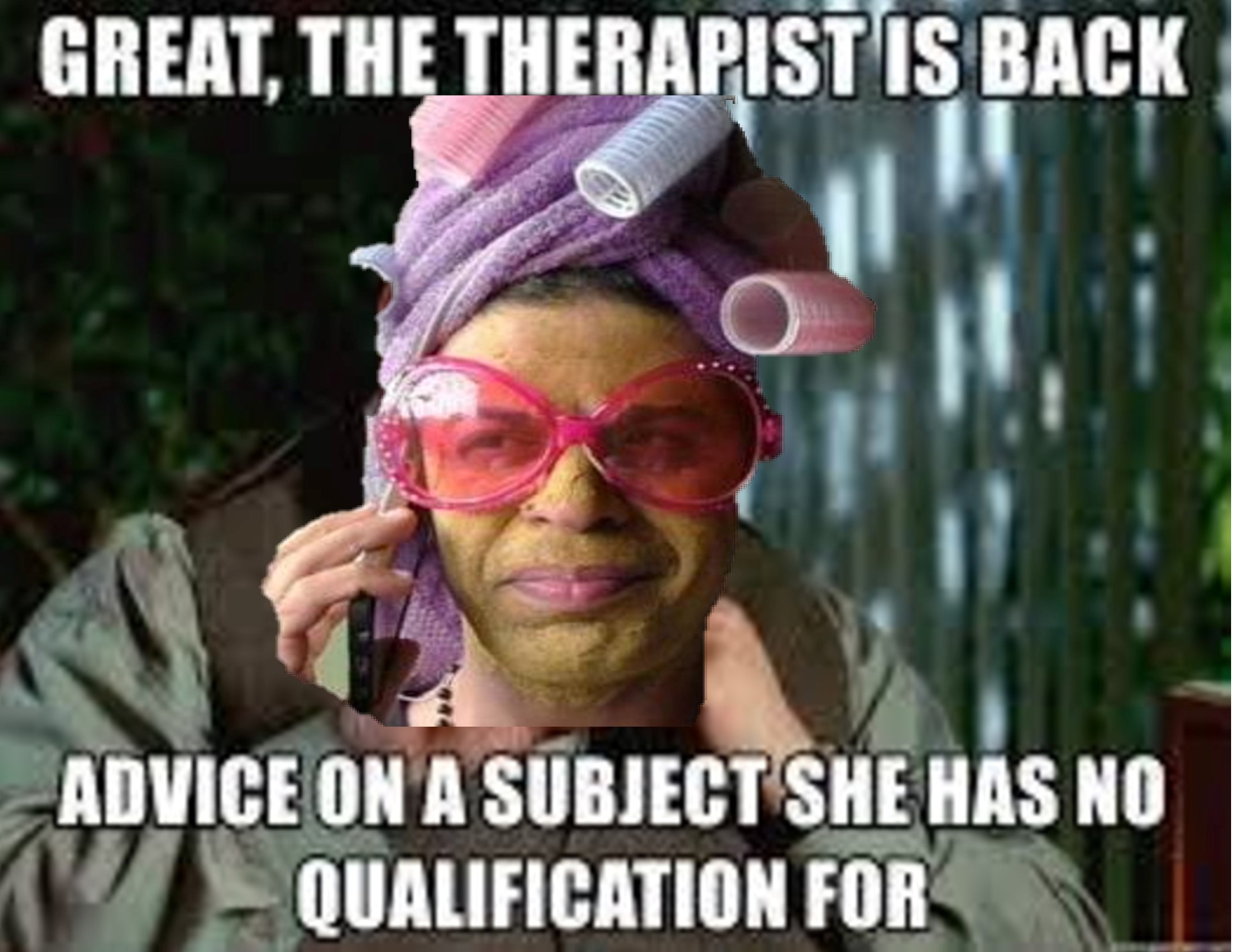
What can you say to someone who’s fighting cancer? “Be strong!” “You can do it!” “Eat this vitamin, it’s good for recovery!” “You’ll get through this!”
Sigh. Many people mean well when they offer advice and support, however, there are times when it’s not what is needed. And this doesn’t just come from me – it’s a sentiment shared by some cancer peeps I’ve met too.
At times, telling people inspirational messages can come off the wrong way as those messages are not tailored to a sensitive situation such as someone fighting cancer. And probably one of the worst things a person can do is to give unsolicited advice. In my journey, many people would offer solutions such as medicine, supplements, tonics and many other alternative medicines without understanding that it could interfere with my treatment and cause it to be less effective.
So… what CAN people say then? The truth is that we’re in a catch-22 situation. They don’t know what to say because we live in a society that doesn’t talk about cancer. People don’t talk about cancer, so they don’t know what to say. Cancer is perceived as such a taboo, that “something must be wrong with you that you now have cancer”. I personally know of people who were too afraid to say they had cancer, simply because they feared being judged. So until the day where society is a little more open and educated on the topic, what can people say?
I can’t speak for others, but for myself, I appreciated people who tried to understand my situation, those who asked me how I am rather than constantly just making assumptions that I’m alright or that I will always come out on top.
So… what’s life like post-cancer?
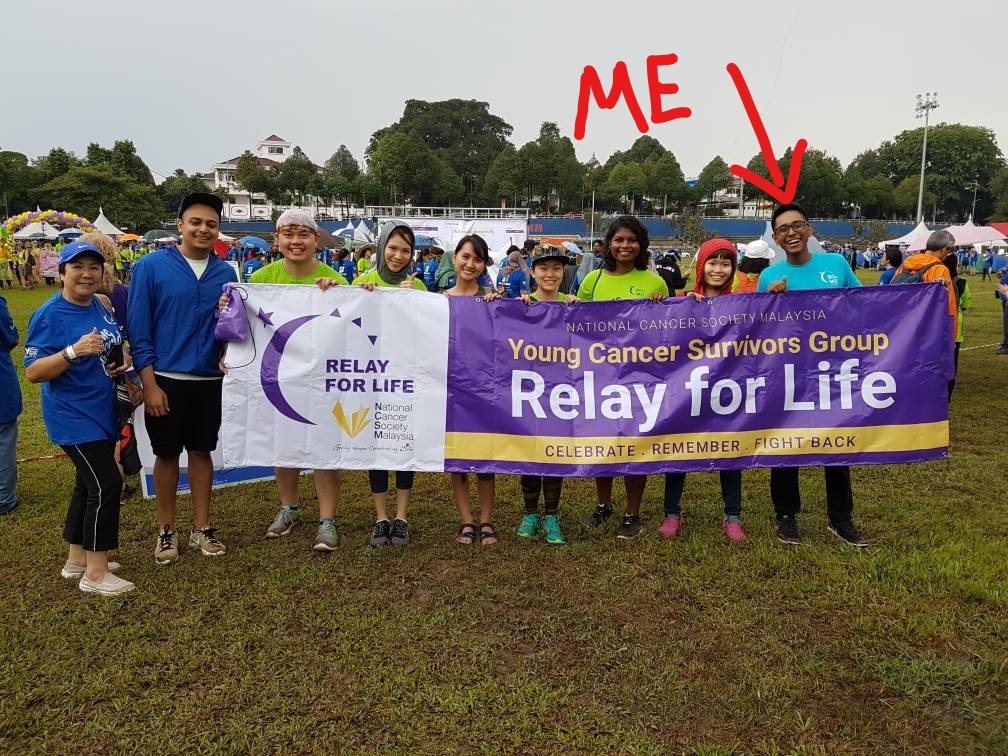
I am very grateful to have made it through. Some of the patients I’ve met throughout my journey lost the battle against cancer, even when they portrayed great strength. They were some of the kindest and most thoughtful people I’ve met, and I’ll always remember them.
I sometimes think about my journey, and have no clue how I was able to make it out of those very trying times. Even while I have recovered, the risk of me getting cancer is still high – studies have shown that patients who had survived one type of cancer were 2.2 times more likely to develop the very same type of cancer later in life than people with no previous record of cancer. The risk of developing some other type of cancer later in life, however, was only 1.1 times greater than for people with no cancer history.
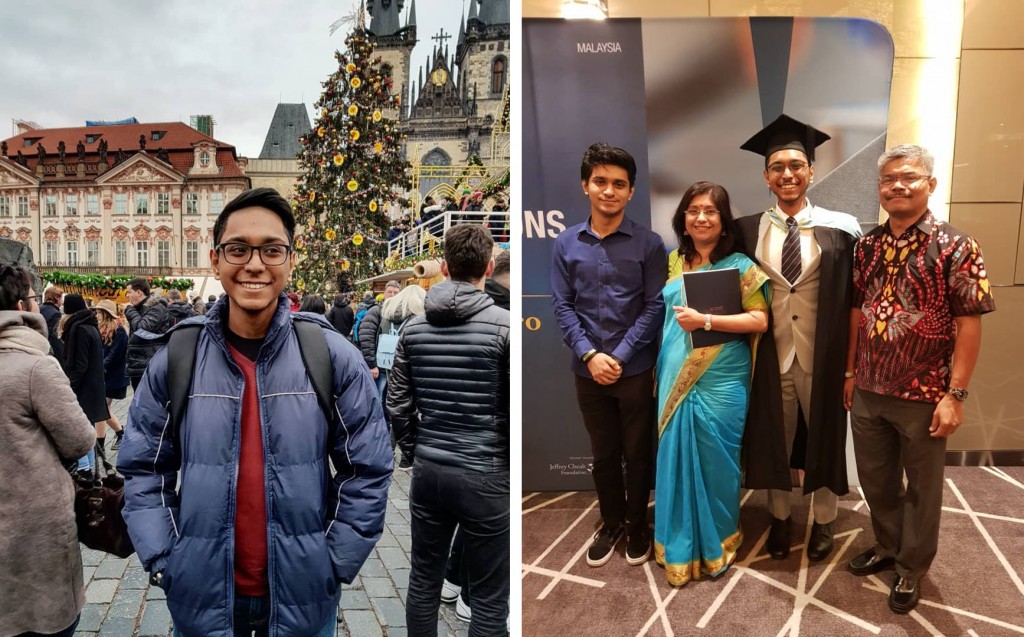
Thus, I try my best to keep a healthy lifestyle by cutting out most sugary or processed food, going to the gym, reducing my exposure to cigarette smoke, and making sure I have enough rest. Yet, I still make sure to enjoy my life by enjoying a night out with my friends, going on solo backpacking trips, and pursuing my goals. I’ve got a second chance in life, and I’m making sure that I don’t waste it.
Editor’s note
This article was sponsored by our kind friends at Allianz Malaysia, who wanted to support Malaysians in the fight against cancer. If you’d like to protect yourself, Allianz Cancer Protect is a comprehensive plan with protection of up to USD4million with overseas medical treatment benefit.
With up to 200% insured amount of guaranteed payment upon diagnosis, you can focus on your treatment and recovery with peace of mind.
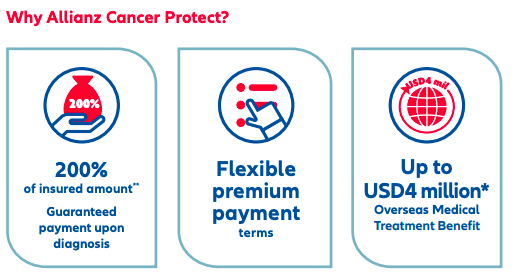
To learn more about the policy, click here. We sincerely thank Giridhran for sharing his story on his battle against cancer.
- 4.4KShares
- Facebook4.2K
- Twitter16
- LinkedIn26
- Email26
- WhatsApp80

